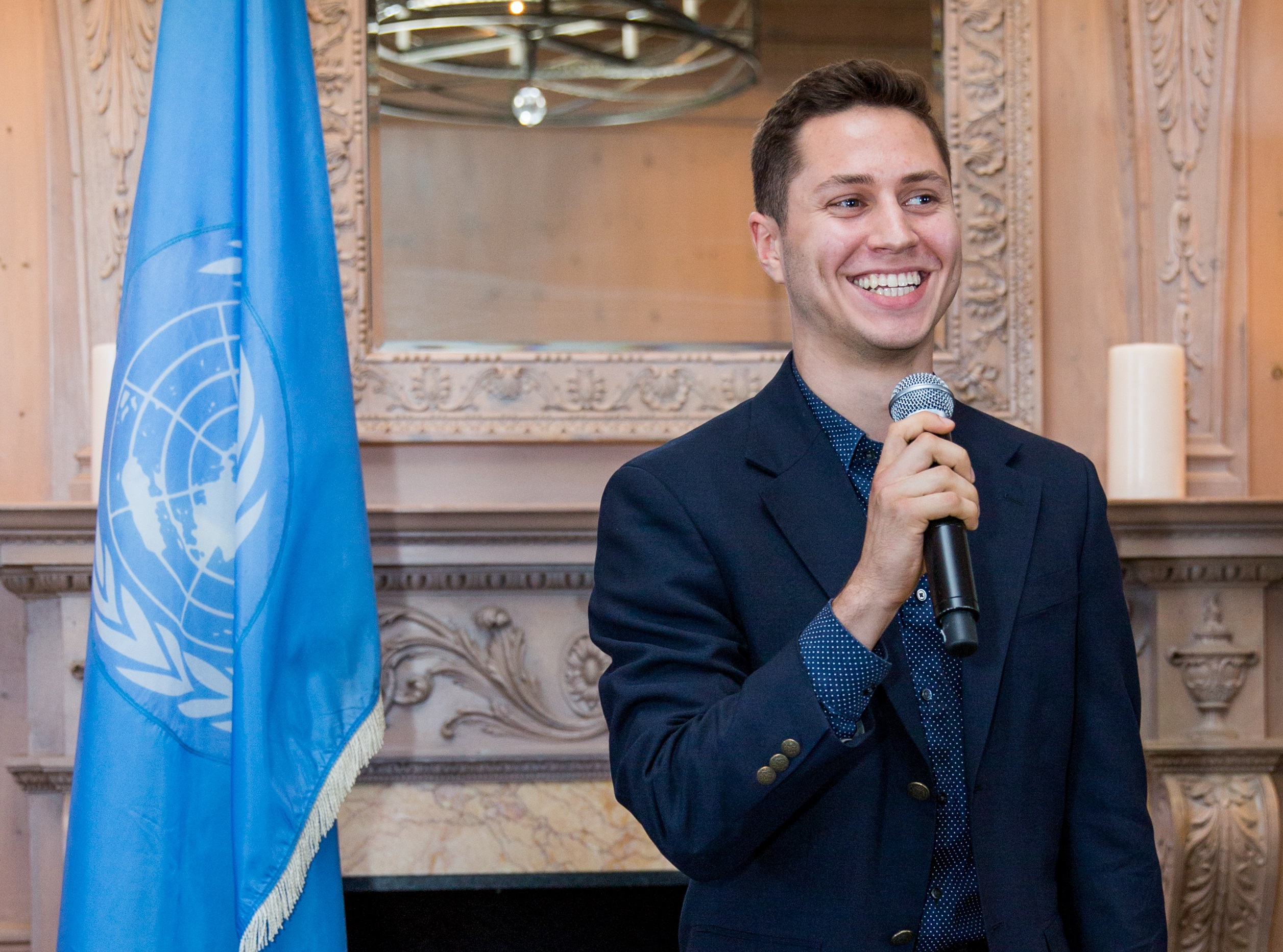Challenge: Violent Extremism and Youth Radicalization
In June I attended meetings at the Human Rights Council in Geneva, Switzerland, and UNESCO world headquarters in Paris, France. The status of women’s rights, LGBT rights, and religious freedom were discussed at the Human Rights Council, with special emphasis on progress made toward promoting gender equality and empowering women worldwide.
Countering violent extremism and youth radicalization were at the forefront of the schedule at UNESCO world headquarters. Both topics are similarly of top concern for governments internationally.
Under Secretary for Civilian Security, Democracy and Human Rights, Sarah Sewall, characterized youth radicalization in terms of Maslow’s hierarchy of needs, stating that “the absence of social cohesion and economic prosperity de-stabilize young people’s lives influencing where they seek the belonging and esteem needed to reach self-actualization.”
High unemployment rates – for youth sometimes exceeding 50% – facilitate social disconnect and idleness among affected people. Without meaning and in search of purpose, young people become easy targets for radicalization. The UN discussion centered on how governments and civil society can work together to counter the threat of youth radicalization and end violent extremism.
Alternative messaging is an easy objective – in comparison to rapidly strengthening a national economy and reducing youth unemployment. Offering youths an alternative message – in lieu of radicalized speech – is a necessary and imperative step in the fight against radicalization.
Young people who attended the two day conference on countering youth radicalization offered their own ideas on what works and what doesn’t.
In parallel with the work of the UN, the U.S. Department of State has launched a “peer-to-peer challenge to empower university students in the United States, Canada, North Africa, Middle East, Europe, Australia, and Asia to develop [CVE] [AA1] content.”
Various “technology camps” have been sponsored by the White House where “social media companies work with governments, civil society, and religious leaders” to develop technological toolkits to counter youth radicalization and end violent extremism.
With the work of the UN and governments worldwide, hopefully we can stop the violent extremists and their radicalized causes.
My time at the Human Rights Council and UNESCO world headquarters was a defining experience. It was inspiring and humbling to interact with young leaders and world leaders – yet again – in the halls of the UN.
My dedication to the world and work of the UN has strengthened throughout the year as the U.S. Youth observer to the UN; as the application period opens for the 2015/2016 U.S. Youth Observer, I encourage all young U.S. citizens to apply for this once-in-a-lifetime opportunity to experience the UN in real time.




